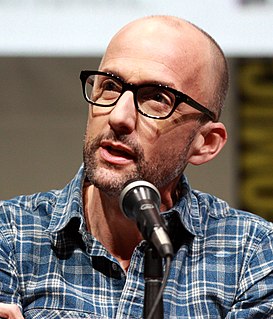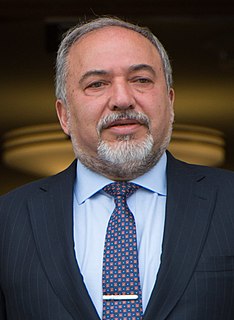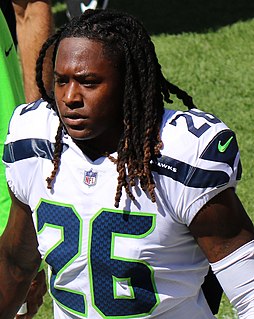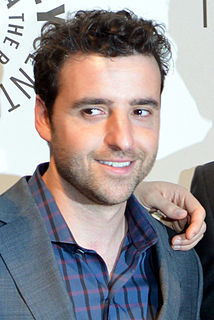A Quote by Kehinde Wiley
What's interesting about the 21st century is how people deal with cultural history. We don't necessarily feel like there are discrete categories. We consume it as a complete package, whether it's down the street or on the other side of the globe.
Related Quotes
Repression is good for cultural achievement. Let's face it. What are gay boys going to be like? I always like to say the 19th-century gay boy was Oscar Wilde, the 20th-century gay boy was Stonewall and ACT UP. And in the 21st century, we have blocking people on Grindr. That's what we've accomplished. Without some kind of traction.
The essential relationship across American history between black people and white people is one of exploitation and one of plunder. This is not, you know, necessarily about, you know, whether you're a good person or not or whether you see black people, you know, on the street, and you're willing to shake their hands and be polite.
The health-care law, irrespective of how people feel about the aims of it - and obviously I don't agree with Obamacare - but the worry that some businesses have about how the law will impact their bottom line has made people more apprehensive about expanding and growing their business in the 21st century.
For people who are coming out of an oral tradition, it is very exciting to get into reading and writing and it is quite interesting how frequently people want to write their own story. Sometimes it is straight history - this is how we came about, how our town was created, a lot of that kind of effort, as soon as literacy came. The first thing you wanted to do was to put something down about who you are or how you are related to you neighbors. Then the next stage would be the stories, the cultural part of the story: this is the kind of world our ancestors made or aspired to.
[The Ghost Team] is basically about people who have nothing to do, and so they do something really silly and stupid. It's about the nature of nothingness, how people deal with that, and how sometimes going down a rabbit hole of your beliefs can put you in some serious trouble. It can also free up a side of you that has been repressed. At the end of the film, they're all disappointed, but they're also jazzed that they got to know each other.








































